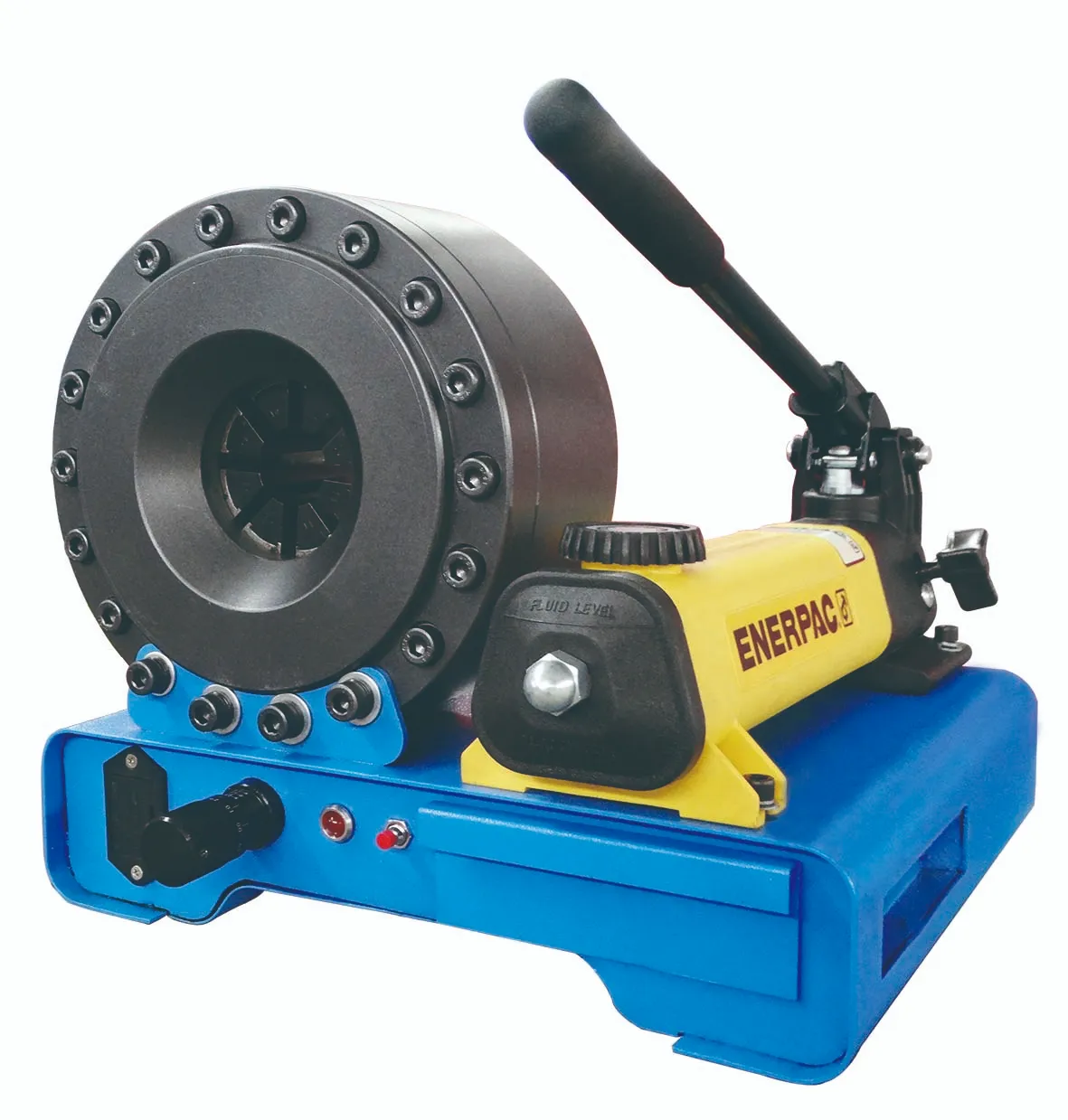335345435
Oct . 10, 2024 14:11 Back to list
hydraulic hose manufacturers
The Evolution and Importance of Hydraulic Hose Manufacturers
Hydraulic hoses are critical components in hydraulic systems, serving as conduits for the transmission of hydraulic fluids. They are essential in various industries, including construction, agriculture, automotive, and manufacturing. The role of hydraulic hose manufacturers is paramount in ensuring that these hoses meet industry standards, are durable, and perform optimally in various operating conditions. This article explores the evolution, significance, and challenges faced by hydraulic hose manufacturers today.
The Evolution of Hydraulic Hoses
Hydraulic hoses date back to the late 19th century, coinciding with the expansion of hydraulic technology. Initially, these hoses were made from leather or rubber, which provided limited durability and flexibility. However, advancements in materials and manufacturing processes have greatly improved the resilience and performance of hydraulic hoses. Today's hoses are constructed from synthetic materials, reinforced with braided steel or high-tensile fibers, allowing them to withstand high pressures and harsh environmental conditions.
The introduction of computer-aided design (CAD) technologies has transformed the manufacturing process of hydraulic hoses. Manufacturers can now create customized solutions tailored to specific applications, ensuring optimal performance and safety. Additionally, advancements in testing methods help manufacturers assess the integrity and reliability of their products, minimizing the risk of failure in critical applications.
The Importance of Hydraulic Hose Manufacturers
Hydraulic hose manufacturers play a pivotal role in various sectors, providing solutions that enhance operational efficiency and safety. In the construction industry, hydraulic hoses are used in heavy machinery such as excavators, bulldozers, and cranes. They enable these machines to perform complex tasks, such as lifting heavy loads and digging trenches, with precision. Without reliable hydraulic hoses, machinery would be unable to function efficiently, leading to reduced productivity and increased operational costs.
In agriculture, hydraulic systems drive essential equipment such as tractors and harvesters. The ability of these machines to perform multiple tasks, such as plowing, seeding, and harvesting, relies heavily on hydraulic hoses. By ensuring the reliability and durability of these hoses, manufacturers contribute to the overall efficiency of agricultural operations, ultimately affecting food production and food security.
Furthermore, hydraulic hoses are integral to the automotive industry, where they facilitate various functions in vehicles, including braking and steering. Manufacturers ensure that automotive hydraulic hoses meet stringent safety standards, thereby protecting drivers and passengers alike.
hydraulic hose manufacturers

Challenges Faced by Hydraulic Hose Manufacturers
Despite their critical role, hydraulic hose manufacturers face several challenges in today’s market. One significant challenge is the increasing demand for hoses that can withstand extreme pressures and temperatures. As industries evolve and machinery becomes more powerful, the specifications for hydraulic hoses must keep pace. Manufacturers must invest in research and development to create innovative materials and designs that meet these evolving demands.
Another challenge is the impact of global supply chain issues. Disruptions caused by geopolitical tensions, natural disasters, or pandemics can affect the availability of raw materials and components necessary for hose production. Manufacturers must develop resilient supply chains and consider local sourcing options to mitigate these risks.
Additionally, environmental regulations are becoming increasingly stringent. Manufacturers are under pressure to produce hoses using sustainable materials and processes, which can be costly and require significant investment in new technologies.
The Future of Hydraulic Hose Manufacturing
Looking ahead, hydraulic hose manufacturers are poised to embrace innovation and sustainability. The integration of smart technologies, such as IoT sensors, into hydraulic systems can provide real-time monitoring and predictive maintenance, thereby enhancing performance and reducing downtime. Manufacturers who adopt these technologies will not only improve product quality but also provide added value to their customers.
Moreover, the growing emphasis on sustainability will drive manufacturers to explore biodegradable materials and eco-friendly production methods. By prioritizing sustainability, hydraulic hose manufacturers can contribute to a greener future while meeting the evolving expectations of their clients.
In conclusion, hydraulic hose manufacturers are vital to the efficiency and safety of numerous industries. As they navigate the challenges of modern manufacturing, their commitment to innovation and sustainability will be crucial to their continued success and relevance in a rapidly changing technological landscape.
-
SAE 100 R17 Black Smooth Cover Hydraulic Hose
NewsMar.07,2025
-
SAE 100 R17 Black Smooth Cover Hydraulic Hose
NewsMar.07,2025
-
SAE 100 R17 Black Smooth Cover Hydraulic Hose
NewsMar.07,2025
-
SAE 100 R17 Black Smooth Cover Hydraulic Hose
NewsMar.07,2025
-
SAE 100 R17 Black Smooth Cover Hydraulic Hose
NewsMar.07,2025
-
steel wire braided hydraulic hose
NewsMar.07,2025



